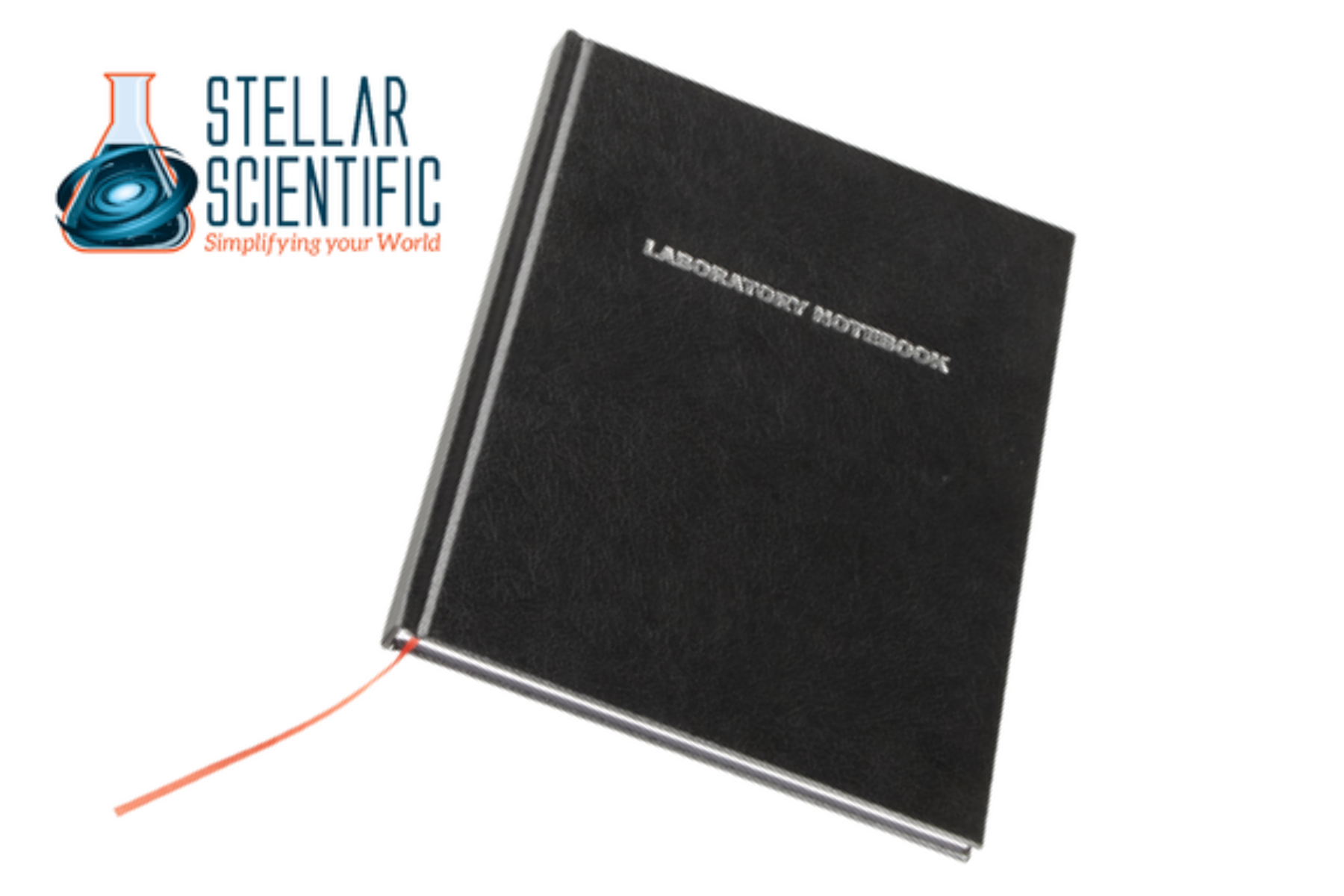In the world of science, the smallest details often lead to the biggest breakthroughs. From the formulation of hypotheses to the analysis of results, every step in the research process requires precision, consistency, and documentation. At the heart of that documentation lies a fundamental yet powerful tool: the lab notebook.
More than just a place to jot down observations, a lab notebook serves as a comprehensive, chronological record of a scientist’s work. It provides the structure needed for reproducibility, accountability, and intellectual property protection—all of which are essential for scientific integrity. Whether you're a student, a seasoned researcher, or part of a quality assurance team, maintaining a well-organized lab notebook is not just best practice—it’s essential for progress.

What Is a Lab Notebook?
A lab notebook is a bound or spiral-bound journal used to document all aspects of a scientific experiment or study. This includes procedures, materials used, data collected, observations, calculations, and reflections. While digital lab notebooks are gaining popularity in some environments, the traditional paper version remains a staple in many labs due to its simplicity, reliability, and legal acceptance.
Proper use of a lab notebook ensures that every experiment can be replicated, evaluated, and built upon. It acts as a personal research history and serves as the foundation for scientific papers, patent applications, and regulatory submissions.
Why Lab Notebooks Are Critical in Scientific Research
1. Ensuring Reproducibility
Reproducibility is a cornerstone of the scientific method. For an experiment’s results to be valid, they must be able to be replicated under the same conditions. A detailed lab notebook provides all the information needed for another scientist—or the original researcher at a later date—to repeat the procedure accurately.
Thorough documentation helps eliminate uncertainty about how an experiment was performed. This includes specifics about reagent concentrations, equipment settings, environmental conditions, and any deviations from planned protocols.
2. Supporting Intellectual Property Claims
In academic and industrial research environments, lab notebooks can play a critical role in establishing intellectual property rights. Properly maintained notebooks provide a dated, time-stamped record of discoveries, methods, and ideas. In patent disputes, they may be used to prove who first conceived or developed a particular innovation.
To serve this legal purpose, lab notebooks should be written in ink, with entries dated and signed by the researcher and a witness. Pages should never be removed, and corrections must be made by striking through errors—not erasing them.
3. Enhancing Accountability and Compliance
In many regulated industries, such as pharmaceuticals and biotechnology, meticulous recordkeeping is required to meet compliance standards from agencies like the FDA, EPA, or ISO. Lab notebooks demonstrate adherence to standard operating procedures (SOPs), document quality control processes, and serve as evidence in audits or inspections.
Maintaining a clear and accurate notebook not only fulfills regulatory requirements but also helps teams avoid costly mistakes or rework due to missing or inaccurate information.
4. Improving Workflow and Collaboration
Lab notebooks can also enhance efficiency and communication in research environments. With clearly recorded procedures and observations, team members can pick up where others left off, troubleshoot unexpected results, and build upon previous experiments. In collaborative projects, consistent documentation fosters transparency and coordination among all participants.
5. Tracking Progress and Inspiration
Science rarely follows a straight path. Experiments fail, methods evolve, and ideas change over time. A lab notebook captures this journey, allowing researchers to track their progress, revisit previous approaches, and reflect on how a discovery unfolded. It can even help scientists identify patterns or anomalies that spark entirely new lines of inquiry.
What to Include in a Lab Notebook
A well-maintained laboratory notebook should be organized, legible, and detailed enough that someone else could reproduce the work. Here are some common components:
Title and Objective
Start each entry with the experiment’s title and a clear statement of its purpose or hypothesis.
Date and Time
Record the exact date—and time, if relevant—of each entry or step in the procedure.
Materials and Methods
List all materials used, including concentrations, sources, and lot numbers. Outline procedures step by step, noting any changes from the standard protocol.
Observations and Data
Document all results and measurements, whether qualitative or quantitative. Include raw data, calculations, graphs, and tables.
Discussion and Conclusions
Reflect on what the results mean, note any anomalies, and propose next steps or follow-up experiments.
Signatures
Every page should be signed and dated by the researcher. For legal or collaborative purposes, a witness should also review and sign the notebook periodically.
Best Practices for Maintaining a Lab Notebook
- Use permanent ink. Avoid pencil or erasable pens, as they can fade or be altered.
- Never remove pages. If a mistake is made, cross it out with a single line and annotate the correction.
- Keep it chronological. Entries should follow the actual sequence of events, not a retrospective summary.
- Include enough detail. Assume the reader has no prior knowledge of the experiment.
- Store notebooks securely. When not in use, keep notebooks in a designated, protected area.
Consistency is key. A messy or incomplete lab notebook can compromise results, hinder collaboration, and even jeopardize funding or publication opportunities.
Paper vs. Electronic Lab Notebooks
While electronic lab notebooks (ELNs) are becoming more popular in tech-forward labs, traditional paper lab notebooks remain highly valued. Paper notebooks offer durability, ease of use, and broad legal acceptance. They're not reliant on software or power and can be used in virtually any environment.
Paper notebooks are especially effective for labs with strict documentation protocols or those operating in field conditions where electronic devices may not be practical.
Who Should Use Lab Notebooks?
Lab notebooks are essential for a wide variety of professionals and students, including:
- Academic researchers and graduate students
- Industrial scientists and engineers
- Quality assurance and control teams
- Forensic scientists and environmental analysts
- High school and college science students
No matter your role, a well-kept lab notebook helps foster discipline, accuracy, and credibility in your work.
About Stellar Scientific
At Stellar Scientific, we know that every great scientific achievement starts with careful documentation. That’s why we offer a selection of high-quality lab notebooks and accessories tailored to meet the needs of professional researchers, academic institutions, and industrial labs. Our products are designed to support compliance, organization, and reproducibility—key elements of any successful research environment.


